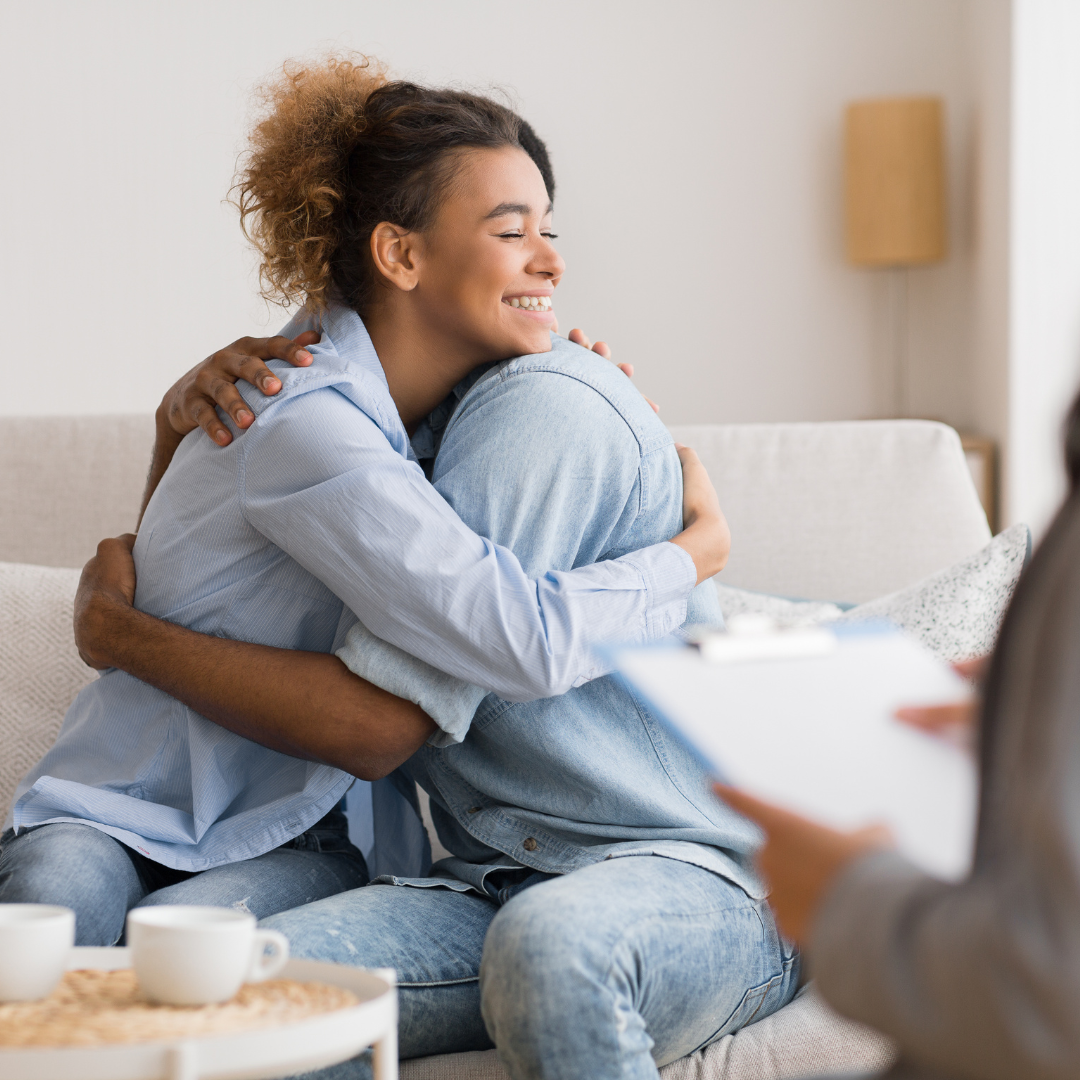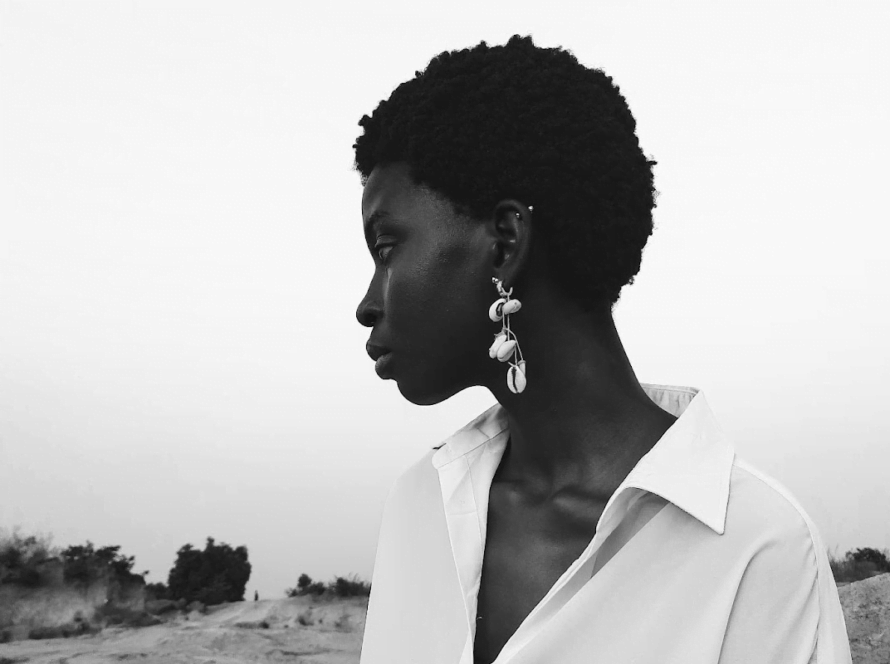In recent years, there has been a growing awareness of the need for inclusive therapy for BIPOC (Black, Indigenous, and People of Color) LGBTQ individuals and couples. These individuals often face unique challenges and struggles that can be difficult to navigate without the support of a therapist who understands their experiences. In this article, we will explore the importance of creating a safe space for BIPOC LGBTQ individuals and couples in therapy.

Understanding Intersectionality
One of the key aspects of providing inclusive therapy for BIPOC LGBTQ individuals and couples is understanding intersectionality. This term, coined by legal scholar Kimberlé Crenshaw, refers to the interconnected nature of social identities and how they can create unique experiences of discrimination and oppression. For BIPOC LGBTQ individuals, their identities as both racial minorities and members of the LGBTQ community can intersect and compound their experiences of discrimination and marginalization. Being conscious and aware of this dynamic of intersectionality will allow a therapist to understand and support their clients in a more holistic manner. This will also reduce the risk of an individual (or couple) feeling misunderstood by their therapist.
Culturally Competent Therapy
In order to create a safe space for BIPOC LGBTQ individuals and couples, therapists must also demonstrate cultural competency. While “competent” may imply a complete level of understanding or expertise, to us at Destination Therapy we interpret this as clinicians having an understanding and willingness to learn more about the cultural backgrounds and experiences of their clients and being able to incorporate this knowledge into their therapy approach. For example, a therapist working with a BIPOC LGBTQ couple may need to be aware of cultural differences in communication styles and relationship dynamics in order to effectively support the couple.
Addressing Microaggressions
Microaggressions are subtle, often unintentional acts of discrimination or prejudice that can have a significant impact on BIPOC LGBTQ individuals and couples. In therapy, it is important for therapists to address and validate these experiences as they can contribute to feelings of isolation and invalidation. By acknowledging and addressing microaggressions, therapists can create a safe space for their clients to process and heal from these experiences.
Providing Resources and Support
It has been proven that having a strong support system and sense of community can be healing for individuals who struggle with their mental health and/or have a history of traumatic experiences. In addition to providing therapy, therapists can also support BIPOC LGBTQ individuals and couples by connecting them with resources and support networks. This may include local LGBTQ organizations, BIPOC support groups, or online communities. By providing these resources, therapists can help their clients feel less alone and more connected to their communities.
Creating a Non-Judgmental Environment
Finally, it is crucial for therapists to create a non-judgmental environment for BIPOC LGBTQ individuals and couples. This means actively listening to their clients, validating their experiences, and refraining from making assumptions or judgments. By creating a safe and non-judgmental space, therapists can help their clients feel comfortable in being authentic in sessions and opening up.
In conclusion
In conclusion, inclusive therapy for BIPOC LGBTQ individuals and couples is essential for providing effective and supportive mental health care. By understanding intersectionality, being culturally competent, addressing microaggressions, providing resources and support, and creating a non-judgmental environment, therapists can create a sanctuary for their BIPOC LGBTQ clients to heal and thrive.
When to Seek Help
Destination Therapy provides a safe space to communicate openly, address challenges, and build a healthier relationship. Whether you are a busy professional dealing with burnout and anxiety or looking to explore if couples therapy can equip you with the tools to build a stronger, happier bond, we can match you with one of our therapists, who will be able to help with your concerns.
If you’re ready to explore therapy, we offer a free 15-minute consultation call to discuss your needs and see if couple therapy is right for you.


